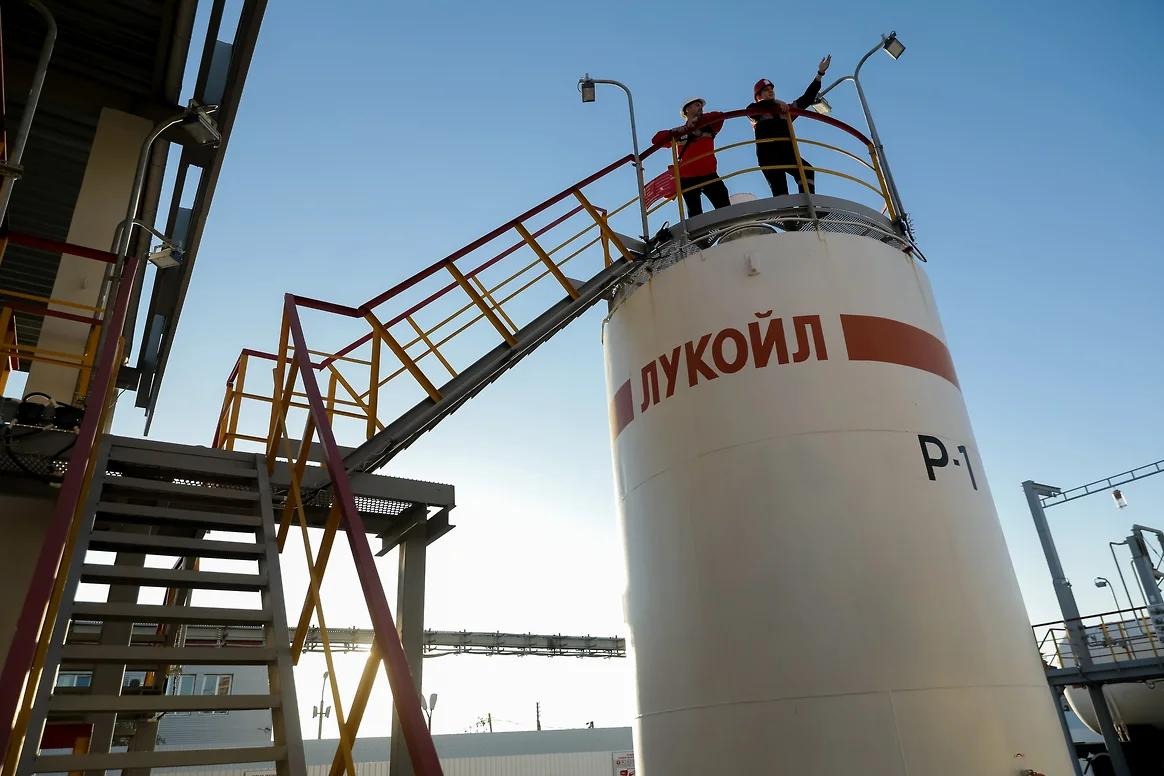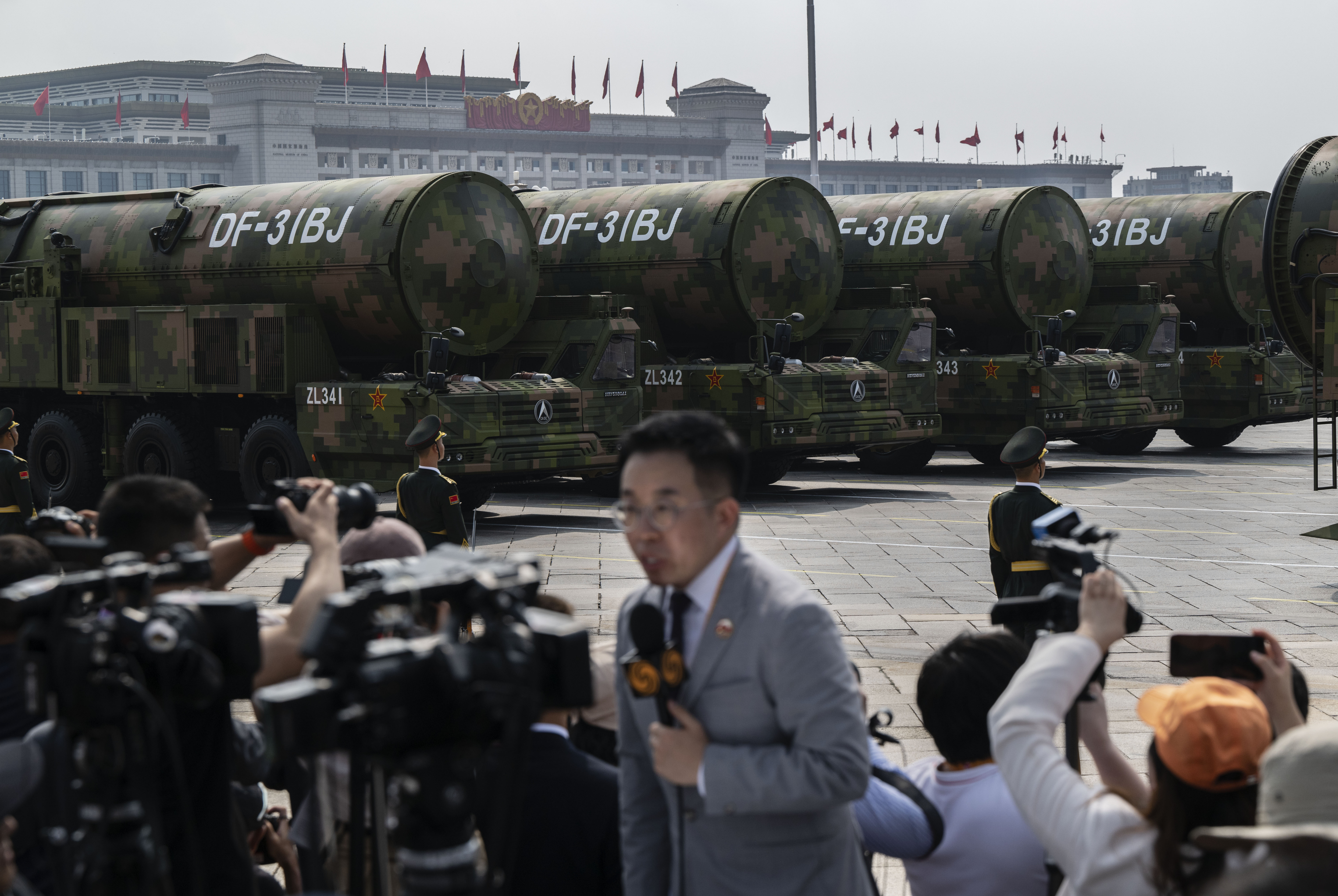
UK Plot Highlights Growing Arab Radicalism
UK Plot Highlights Growing Arab Radicalism
The arrests of seven men and one woman in connection with the two attempted car bombings in London and an attack on the Glasgow airport have highlighted the spread of jihadi ideology into all sectors of British Muslim society. While attention thus far has been focused on the fact that most of the suspects had been seemingly well-integrated and had worked for Britain’s National Health Service (NHS), it is of equal interest that half of the suspects are Arabs—a minority previously regarded as relatively prosperous and successful compared with other groups in the United Kingdom, such as Bangladeshis, Pakistanis and Somalis.
From the limited information currently available, three of the five Arab suspects appear to be Palestinian, Iraqi and Jordanian. Bilal Abdulla, an Iraqi educated in Baghdad who worked as a doctor in the Glasgow area, was reportedly the group’s leader. Also arrested and charged soon after the attacks were Mohammed Asha, a Palestinian doctor who was born in Saudi Arabia and later moved to Jordan, and his wife, Marwah Dana Asha, a Jordanian who worked as a hospital lab technician. Two other men are said to have been trainee doctors of Saudi Arabian origin. Khafeel Ahmed, the driver of the jeep that rammed into Glasgow’s airport terminal, and two others are of Indian origin (BBC, July 6).
The number of Arabs involved at the operational level of the London and Glasgow plots marks a new trend that may indicate either that a wider portion of the United Kingdom’s several hundred thousand Arabs are being radicalized, or that jihadi recruiters are better targeting discontented Arabs as well as Muslims from the subcontinent. In the past, almost all Islamic terrorist operations in the United Kingdom have been carried out by Pakistanis or Bangladeshis, while Arab involvement in pro-jihadi groups has been solely at a leadership level.
This pattern is best observed in three Arab immigrants who openly promoted jihadi ideology from the early 1990s until around 2005. Omar Bakri, a Syrian who set up the UK branch of Hizb-ut-Tahrir and also founded al-Muhajiroun, attracted a loyal following of Pakistanis, Bangladeshis and black Britons—including Asif Hanif, of Pakistani origin, who carried out a suicide attack in Tel Aviv in 2003 (New Statesman, April 24, 2006). Likewise, Abu Hamza al-Masri, an Egyptian veteran of early 1990s’ Afghanistan, also gathered a loyal following of subcontinental immigrants around his base at the Finsbury Park mosque in north London. Among those who heard his sermons was Richard Reid, the son of a white mother and Jamaican father who later attempted to “shoe-bomb” a U.S. airliner in 2003 (The Independent, February 7, 2006). Also playing a similar, but less ostentatious role, was Muhammad al-Massari. Al-Massari was an exiled Saudi dissident who attracted supporters such as Mohammed Sohail, a British-Pakistani who set up a front group called the Global Jihad Fund, which recruited volunteers to fight in Afghanistan and Kashmir.
The Arabs assumed this leadership role largely because they were automatically respected by many non-Arab Muslims due to their command of Arabic, Islam’s liturgical language, as well as the Arab world’s status as the birthplace of Islam. This was especially true for men like Abu Qatada, al-Qaeda’s representative in Europe prior to the September 11 attacks, who also claimed a Palestinian heritage—a claim that further impressed Muslims raised to believe that support for the Palestinian cause constitutes the core component of one’s Islamic identity. By comparison, leading Pakistani and Bangladeshi Islamists practiced a non-violent jihad through building a UK-wide network of Islamic da’wa (proselytization) centers, pressure groups and mosques, rather than inciting violent jihad against the West.
While the appearance of Arabs at an operational level in jihadi attacks in the United Kingdom is a clear and dramatic departure from previous trends, there are, however, several signs that the would-be bombers of London and Glasgow are un-representative of the UK’s Arab community and that, in fact, they were radicalized primarily as a result of their exposure to South Asian circles. For example, following the bombing, Shiraz Maher, a former member of Hizb-ut-Tahrir (a group mainly popular with Pakistanis and Bangladeshis), said he had previously seen Abdulla with members of the group in Cambridge (The Times, July 8). Likewise, the fact that many of the Arabs had connections with Birmingham and other cities in the Midlands (the center of the UK’s Asian population) rather than London (the hub of Britain’s Arab community) strongly suggests that the suspects were not primarily radicalized in Arab circles but in Asian ones (Belfast Telegraph, July 3). Similarly, the poor construction of the bombs (crudely made from mostly petrol containers and gas canisters) suggests that the plotters did not have direct access to al-Qaeda’s technical expertise as enjoyed by Siddique Khan, the leader of the July 7, 2005 bombers, nor to jihadi groups and individuals active in the Middle East.
On balance, the bombings are best seen as evidence that while the United Kingdom’s Arab community has the potential to become increasingly involved in terrorist attacks, Bangladeshi and Pakistani communities still remain the center of pro-jihadi recruitment and radicalization in the kingdom.


